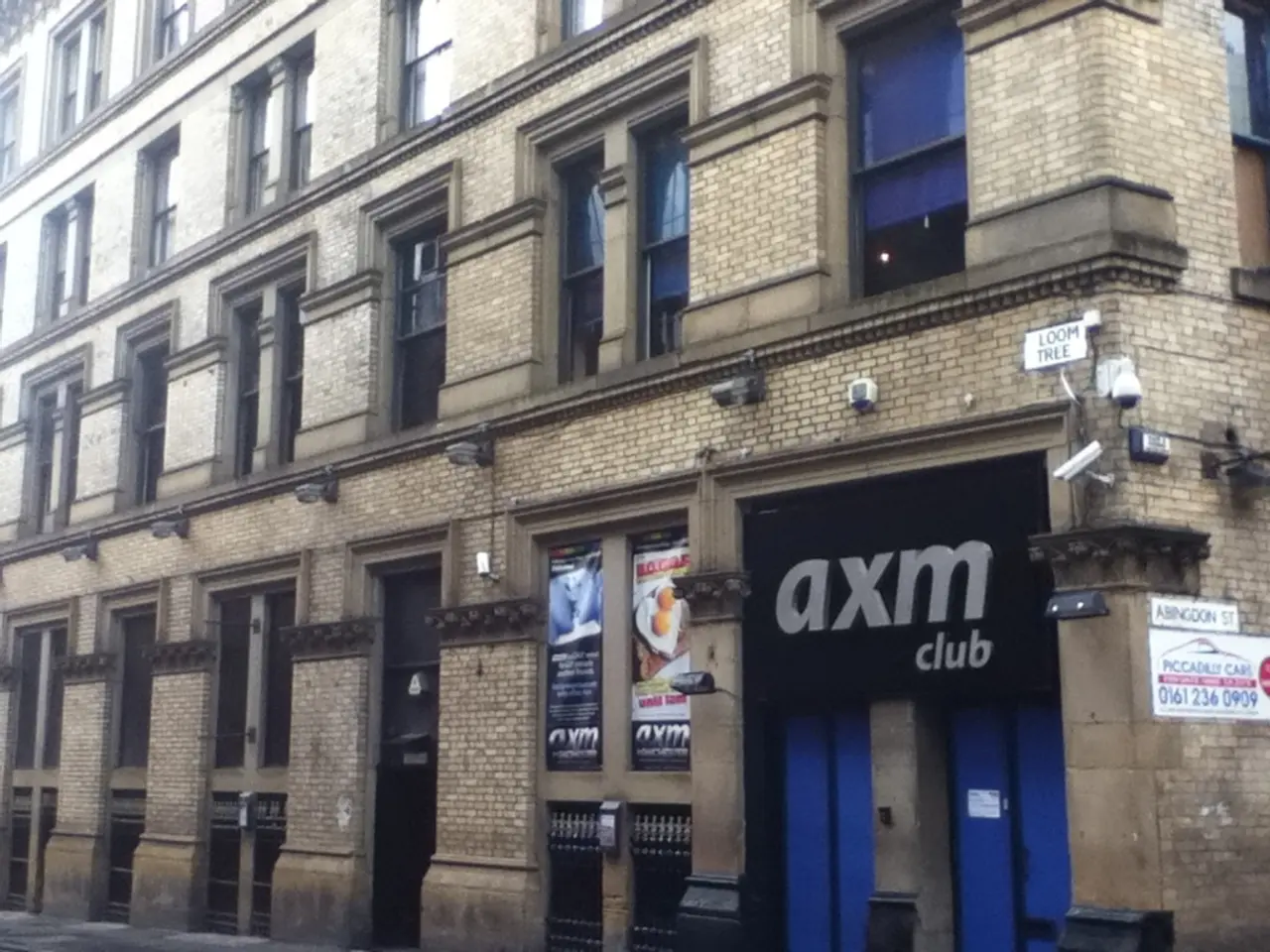Arrests and detainment of immigrants renewing papers at 26 Federal Plaza in New York, carried out by immigration police within the building.
Arrests at the Jacob K. Javits Federal Building Stir Controversy Under the Trump Administration
In the heart of New York City's civic center, the Jacob K. Javits Federal Building, a 41-story gray edifice, is a hub for immigration-related services. It houses offices of immigration, an administrative court, and services for regular judicial control appointments for New York's immigrants. However, under the Trump administration, this building has become a focal point of controversy.
Immigration agents, including ICE officers, are responsible for apprehending immigrants within the building. These officers do not display visible identification, and they have been observed waiting in the hallways with a list of names. The implementation of the Trump administration's anti-immigration program has expanded the potential for arrests during routine judicial control appointments.
The criteria for inclusion on this list are unknown, but the administration's decisions at the Javits Federal Building are not correlated with the status of immigrants living illegally in the country. In fact, immigrants coming to the building are, by definition, not people living illegally in the country.
The Federal Plaza, where the Javits Federal Building is located, is lined with buildings that house state and municipal services institutions. The tenth floor of the Javits Federal Building serves as a detention center, and the building has been transformed into a temporary detention center.
Detained individuals may be held temporarily in spaces within federal buildings, such as the nearby 26 Federal Plaza, which ICE controversially claims are not official detention facilities. This limits oversight by lawmakers and advocates, raising concerns about due process and detainee rights.
Advocates and New York lawmakers have criticized courthouse arrests as cruel and counterproductive. The threat of detention causes many immigrants to avoid hearings, increasing deportation risks due to failure to appear. A coalition of immigrant rights groups has even filed a class-action lawsuit alleging that arrests at the courthouse violate due process rights.
The reduction of legal aid contractors and the detention of individuals without readily accessible legal advice is also seen as undermining fairness and due process in immigration proceedings. Lawmakers have been blocked from inspecting holding areas used by ICE, prompting possible legal actions against the Department of Homeland Security for denying oversight.
Costly detention and deportation practices have raised fiscal concerns, with detention alone costing millions daily. These financial considerations add a new dimension to the policy debates surrounding the Trump administration's approach to immigration enforcement at the Jacob K. Javits Federal Building.
Overall, the Trump administration's policies at the Jacob K. Javits Federal Building reflect an aggressive approach to immigration enforcement with significant procedural changes and intense controversy regarding due process, detainee rights, and governmental transparency.
References: 1. The Intercept 2. The New York Times 3. The American Immigration Council 4. The Hill
- Under the Trump administration's contentious immigration policies, disagreements about the treatment of immigrants at the Javits Federal Building, a hub for immigration services in New York City, have risen to the level of general-news and politics.
- The expansion of potential arrests during routine judicial control appointments at the Javits Federal Building, attributed to the Trump administration's anti-immigration program, has led to discussions in the realms of crime-and-justice and civil liberties.







